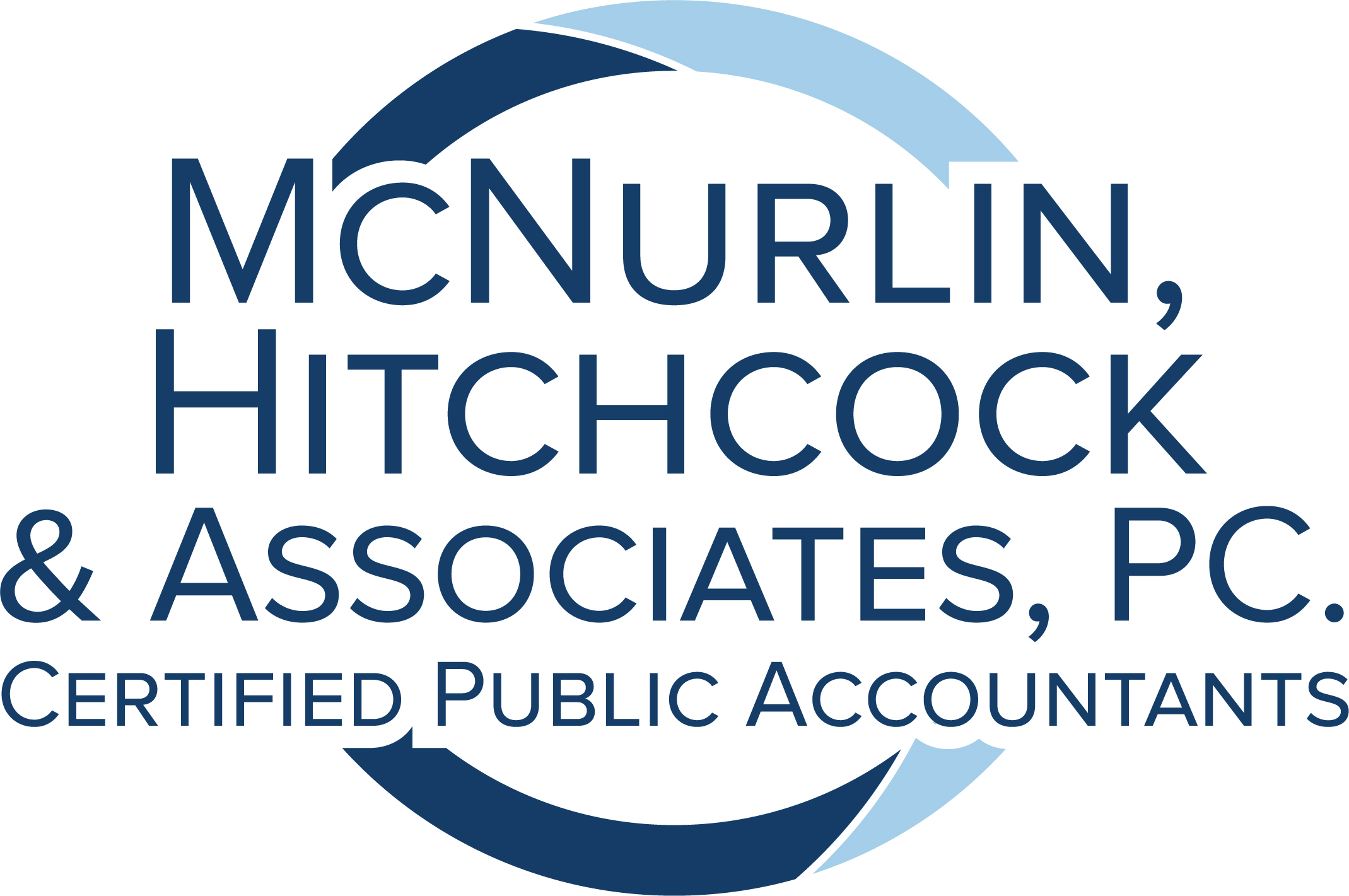We are often asked about the requirements for deducting business meal expenses. Food and beverage expenses associated with operating a taxpayer’s trade or business are deductible, subject to a 50% limit. Unfortunately, after the Tax Cuts and Jobs Act (TCJA) which was passed at the end of 2017, the rules for which business meals provided to clients and business associates are deductible have become less clear. The TCJA made expenses for entertainment, amusement or recreation expenses for clients and business associates nondeductible. The IRS announced it will publish proposed regs clarifying when business meal expenses are nondeductible entertainment expenses, and when they are 50% deductible expenses. In the meantime, IRS has issued some guidance on which taxpayers may rely, on the treatment of business meals.
Deductible expenses.
The IRS guidance provides that taxpayers may deduct 50% of an otherwise allowable business meal expense if:
- (1) the expense is an ordinary and necessary expense paid or incurred during the tax year in carrying on a trade or business;
- (2) the expense isn’t lavish or extravagant under the circumstances;
- (3) the taxpayer, or an employee of the taxpayer, is present at the furnishing of the food or beverages;
- (4) the food and beverages are provided to a current or potential business customer, client, consultant, or similar business contact; and
- (5) if food and beverages are provided during or at an entertainment activity, then they’re bought separately from the entertainment, or their cost is stated separately from the cost of the entertainment on one or more bills, invoices, or receipts. The food and beverage charge mustn’t be inflated to circumvent the entertainment disallowance rule.
Substantiation.
Almost as important as qualifying for the deduction are the requirements for proving that it qualifies. The use of reasonable estimates isn’t sufficient to stand up to IRS challenge. You must be able to establish the amount spent, the time and place, the business purpose, and the business relationship of the individuals involved. Obviously, you must set up careful and detailed record-keeping procedures to keep track of each business meal and to justify its business connection. For expenses of $75 or more, documentary proof (receipts, etc.) is required.
50% limitation. Once the expenditure qualifies as deductible, it is only 50% deductible. Obviously, this rule severely reduces the tax benefit of business meals. If you spend about $50 a week on qualifying business meals, or $2,500 for the year, your deduction will only be $1,250, for tax savings of around $300 to $400.
I hope the above has been helpful. Please contact us if you have any questions or would like my help in setting up record-keeping procedures.

